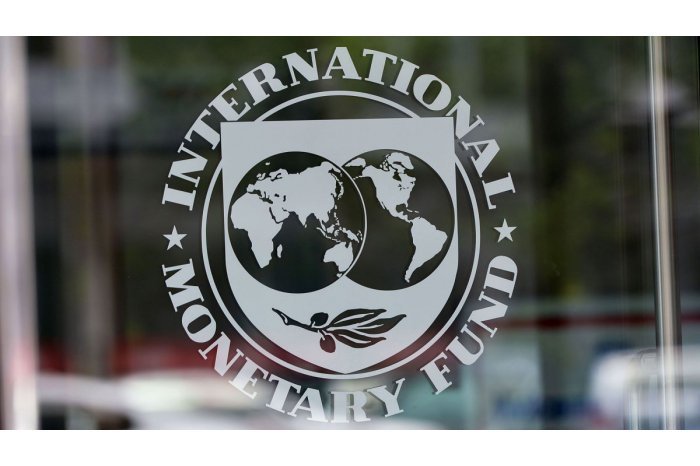IMF to grant Moldova $148.3 million after reaching expert-level agreement with authorities
12:12 | 22.11.2024 Category: Economic
Chisinau, Nov 22 /MOLDPRES/- International Monetary Fund (IMF) mission members and Moldovan authorities have reached an expert-level agreement on the policies needed to finalize the sixth review of the program supported by the Extended Credit Facility (ECF) and the Extended Fund Facility (EFF) and the second review of the program supported by the Resilience and Sustainability Facility (RSF). As a result, the country will receive financial support worth $ 148.3 million.
The decision was announced after an IMF mission led by Alina Iancu held discussions in Chisinau, Washington, as well as online over the past weeks in the context of the sixth review of the program supported by ECF and EFF and the second review of the program supported by RSF.
"The Moldovan authorities and the IMF team have reached an agreement at the expert level on the policies needed to finalize the sixth review of the ECF and EFF-supported program and the second review of the RCF-supported program. This agreement is expected to be endorsed by the IMF management and the Board of Executive Directors. The completion of this review will allow the Republic of Moldova to access 111.4 million Special Drawing Rights (about US$ 148.3 million), bringing the total disbursement under the current programs to about US$ 810 million," said Iancu.
According to the IMF, the country's economy, affected by the influence of the war waged by the Russian Federation in Ukraine and the shocks associated with energy prices, is recovering. "We forecast economic growth of 2.6 percent in 2024 and 3 percent in 2025, mainly due to strong domestic demand. Since October 2023, inflation has generally been broadly within 5 ± 1.5 percent range targeted by the National Bank of Moldova. Downside risks remain high, mainly due to the war in Ukraine and possible further shocks in the energy sector. At the same time, there is also evidence of growth-enhancing factors, such as faster progress with structural reforms, including under the EU's Growth Plan, and steady progress towards EU accession," the IMF mission chief said.
The downward revision of the budget deficit for 2024 and 2025 to 4.4 percent and 4.0 percent of GDP, respectively, reflects higher-than-expected revenues driven by strong wage and import growth, the IMF estimates, according to which public spending is largely unchanged, with a welcome rebalancing in favor of investment next year.
The meeting of the IMF's Board of Executive Directors is scheduled for mid-December.
Under the program, which runs until October 2025, two more reviews are planned.

